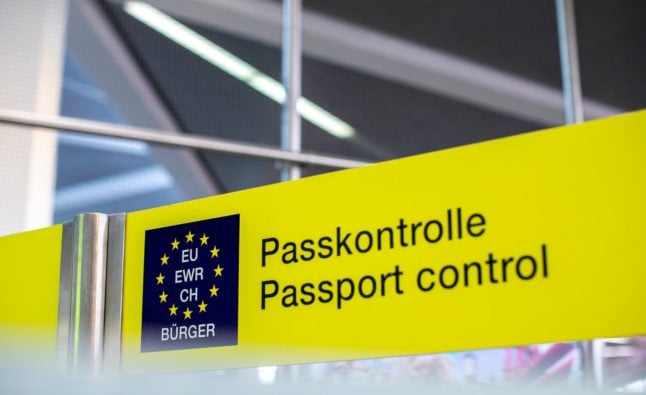Thirty years ago, on December 6, 1992, Swiss voters rejected the prospect of joining the European Economic Area (EEA) — giving access to the European Union’s internal market.
Three decades on, Switzerland’s Federal Council government assessed the country’s current options with regards to the surrounding bloc, looking at access to the single market, opportunities for cooperation, and foreign policy.
It considered the merits of four options: a free trade relationship, a continuation of the current bilateral approach, EEA accession, and EU accession.
“The Federal Council concludes… that the bilateral approach remains the best solution for Switzerland,” the government said.
The European Union is Switzerland’s main trading partner, and the wealthy Alpine nation is the bloc’s fourth-largest trading partner.
Some 1.4 million EU citizens live in the landlocked country of 8.6 million people.
“Swiss interests begin in and with Europe,” the Federal Council said. “In the current global situation, characterised by multiple crises, secure and stable relations between Switzerland and the EU are becoming more important than ever. They guarantee prosperity and stability for both parties.”
But it said that EU membership would go beyond Switzerland’s economic needs, and that Bern’s full participation in European decision-making processes would barely compensate for the reduction in political room for manoeuvre.
Strained ties
Ties between Brussels and Bern have been strained since Switzerland suddenly decided in May 2021 to end years of discussion towards a broad cooperation agreement with the bloc.
EU-Swiss ties are currently governed by a patchwork of agreements, and for more than a decade discussions were ongoing towards an overarching accord that would have harmonised the legal framework governing the relationship.
But the years of talks on a framework agreement hit an impasse after the European Union refused to budge on Swiss demands to exclude key issues relating to state aid, wage protections and freedom of movement.
Since then, Switzerland has been trying to pick up the pieces and establish common ground with the European Union through so-called exploratory discussions.
The report notes that political talks with Brussels “have enabled the two sides to build trust”.
“Before Switzerland and the EU can start negotiations, they must find sufficient common ground. Accordingly, the exploratory talks are to be actively continued.”



 Please whitelist us to continue reading.
Please whitelist us to continue reading.
Member comments